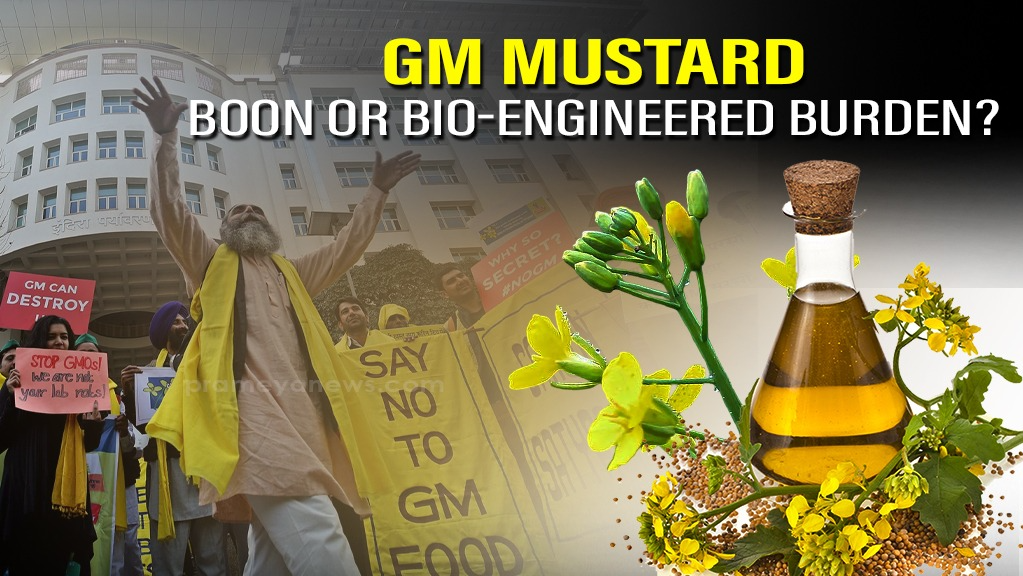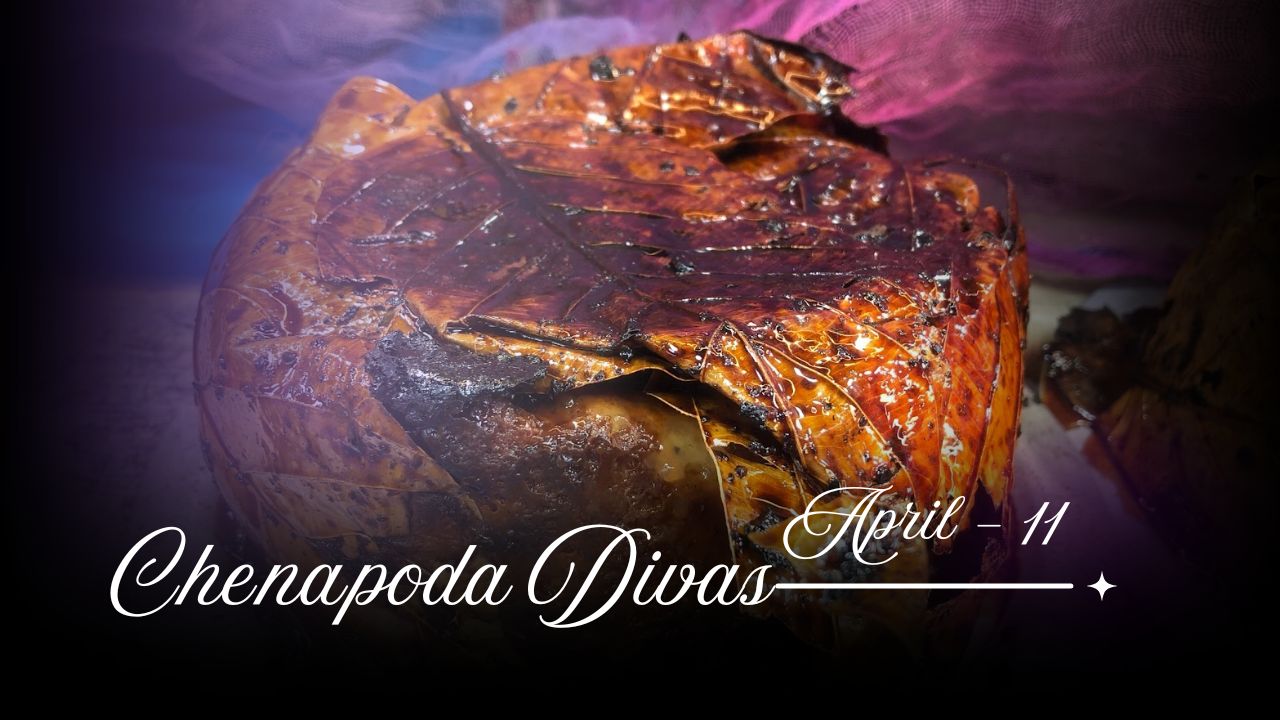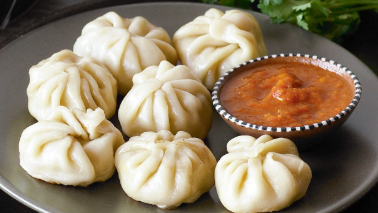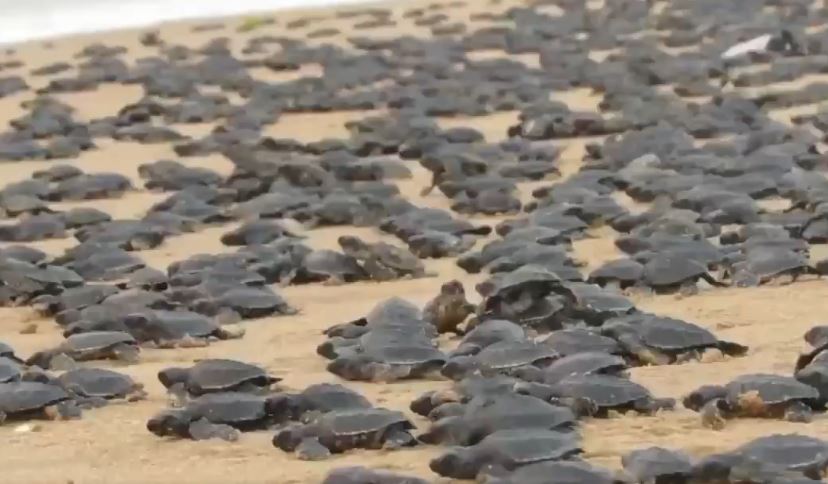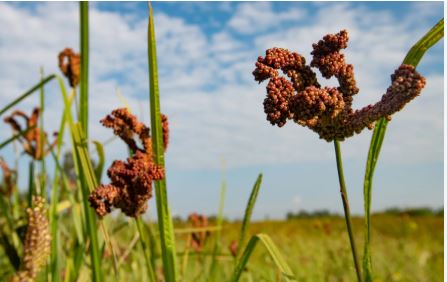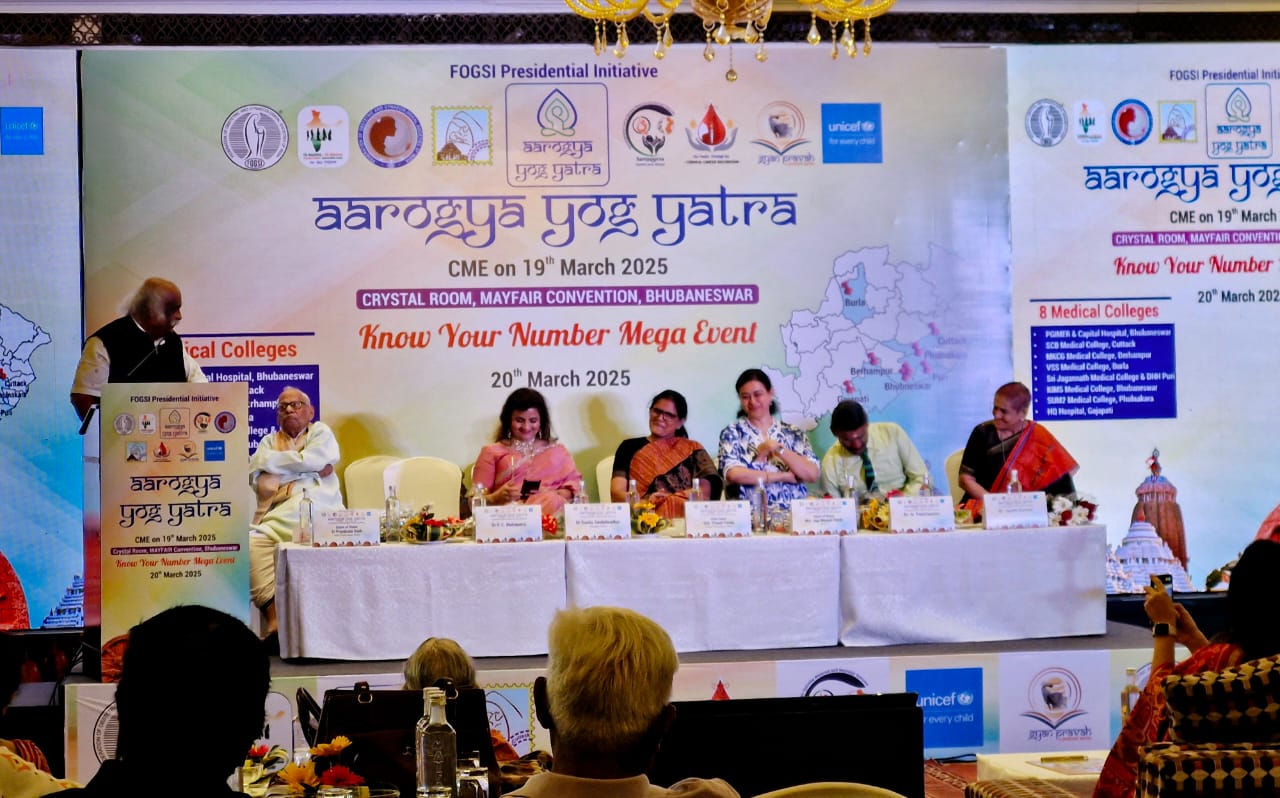The introduction of genetically modified (GM) mustard in India has ignited a fierce debate, pitching increased crop yields and food security against concerns about potential environmental and health hazards. Opposition persists, raising critical questions about the nation's agricultural future.
Join the Whatsapp Channel to Get News updates in english
Regulatory Approval
The Genetic Engineering Appraisal Committee (GEAC), India's GM crops regulator, granted approval for the environmental release of Dhara Mustard Hybrid-11 (DMH-11) across India. This decision, made on October 18th, followed a prior clearance in 2017, which was then subjected to further scrutiny by the Indian government.
Even with this regulatory green light, commercial cultivation of GM mustard is still far away. Farmers have to wait for another three years before they can access GM mustard seeds. The GEAC has mandated that simultaneous field studies, in collaboration with the Indian Council of Agricultural Research (ICAR), to be conducted to assess the impact of GM mustard on honeybees and other pollinators. These additional studies mean that the current approval is preliminary, but crucial. Gene developers must also adhere to 16 stipulated conditions under ICAR supervision before DMH-11 seeds can be released to farmers.
Need for GM Mustard in India
Mustard is a vital crop in India, cultivated by approximately six million farmers across seven million hectares in Rajasthan, Haryana, Punjab, and Madhya Pradesh. However, traditional mustard varieties in India have low yields—less than 1,200 kilos per hectare—compared to the global average of 2,000-2,200 kilos per hectare. This yield gap contributes to India's significant shortage of edible oils.
In 2021-22, India imported over 14 million tonnes of edible oils, costing $18.99 billion (around Rs 1.5 lakh crore) in foreign exchange. This import volume far exceeds the domestic production of 8.5 million tonnes. Currently, India relies on imports from countries like Argentina and Brazil to meet over two-thirds of its domestic edible oil needs. Supporter of GM mustard argue that it can address this shortage.
Opposition to GM Mustard
Despite arguments about food security and the global consumption of foods derived from genetically engineered seeds for over two decades, but several groups continue to oppose GM crops. The RSS-affiliated Swadeshi Jagran Manch (SJM), the Bharatiya Kisan Sangh (BKS), and various environmental activist groups are vocal in their opposition.
In a letter to the Union Minister for Environment, Forest and Climate Change, Bhupender Yadav, the SJM criticized the GEAC's functioning, labeling their claims in support of GM mustard as "completely untrue, unsubstantiated, and wrongly projected." SJM national co-convenor Ashwani Mahajan described GM mustard as "dangerous and unneeded," alleging it was being introduced through the "back door" as a public-sector GMO.
The BKS is demanding that the GEAC withdraw its recommendation, arguing that GM mustard poses a health hazard and could cause cancer. BKS all India general secretary Mohini Mohan Mishra claimed that the GEAC's study indicated GM mustard is herbicide-tolerant (HT), a technology he alleges is largely carcinogenic. Mishra also expressed concern that the GEAC has been unable to prevent the entry of "unwanted and unsuccessful (high investment)" GM food crops into India's farming system and food chain.
The Coalition for GM-Free India, a network of anti-GMO organizations and individuals, also voiced strong opposition. They deemed the GEAC approval "shocking" and accused the regulator and crop developers of colluding to bypass essential bio-safety assessments. Kavitha Kuruganti, a member of the Coalition, reminded Minister Yadav of his past writings against GM crops.
Conditional Support and Expert Opinions
While opposition remains strong, some have offered conditional support for GM mustard. ICAR director Ashok Kumar Singh believes it can provide a science-based solution to the challenge of high edible oil imports and facilitate the development of higher-yielding hybrids.
Hannan Mollah, general secretary of the All India Kisan Sabha (AIKS), a left-wing farmers' organization, acknowledged India's need to increase food production given its large population. He stated, "Technology must be used for this," but stressed that the government and public sector should control the technology. Mollah also emphasised the need for extensive testing of the hybrid seed by ICAR, and urged the government to permit its cultivation only if the tests confirm that the seeds are not harmful and effectively increase yields.
The Regulatory and Political Landscape
Analysts suggest that the widespread reservations surrounding GM mustard may put pressure on the current Minister of Environment, Forest and Climate Change, Bhupender Yadav. He might face a situation similar to that of former environment minister Jairam Ramesh, who, in 2009, refused final clearance for Bt brinjal—another genetically modified crop—despite its approval by the GEAC. This potential dilemma exists even though the 26-member GEAC has taken the unusual step of making the safety study reports on GM mustard publicly available.
Government representatives informed a parliamentary committee in 2017 that Indian regulators had assessed Bt cotton, Bt brinjal, and GM mustard, and found them safe as animal feed. However, a key challenge remains: demonstrating that GM crops can guarantee better productivity for farmers. An ICAR study of Bt cotton in Maharashtra between 2012 and 2015 indicated that average seed cotton yield increased following the adoption of GM technology.
If GM mustard is eventually cultivated, it will be only the second approved transgenic crop in India, following Bt cotton (approved in 2004), and the first GM food crop to be commercially grown.
The GM Mustard Controversy
GM mustard, or DMH-11, was developed by researchers at the Centre for Genetic Manipulation of Crop Plants at the University of Delhi. It is a hybrid variety created by crossing "Varuna" and "Early Heera-2" mustard varieties.
This hybrid contains three new genes: barnase, barstar, and bar. The first two genes were isolated from the soil bacterium Bacillus amyloliquefaciens. The barnase gene induces temporary male sterility in the mustard plant (which is naturally self-pollinating), facilitating cross-pollination and the development of hybrid seeds. The barstar gene aids in seed production, while the bar gene confers herbicide tolerance to Glufosinate.
A History of GM Crop Implementation in India
Bt cotton holds the distinction of being the first GM crop grown in India. Bt brinjal received initial approval for cultivation in 2009 but was subsequently placed under a 10-year moratorium. Field trials for Bt brinjal were later approved in 2020 in eight states for a period of three years.
GM mustard's approval by the GEAC in 2022 has also faced considerable opposition. The Supreme Court of India is currently hearing pleas filed by environmentalists against the commercial cultivation of GM mustard. These hearings follow a Supreme Court verdict on July 23, 2024, which questioned the validity of the central government's decision to allow the environmental release of GM mustard.
Opponents of GM mustard raise several concerns
Biodiversity Impact: They argue that GM crops can cross-breed with closely related plants, potentially creating new varieties that could harm biodiversity and lead to the emergence of new types of weeds. Kavitha Kuruganti of the Coalition for a GM-Free India, describes GM mustard as "unsafe, unwanted, and unneeded."
Herbicide Tolerance and Health Risks: Concerns exist about the herbicide tolerance (HT) trait in GM mustard. Opponents cite a Technical Expert Committee (TEC) report from 2012, commissioned by the Supreme Court, which recommended a ban on HT crops and their trials in India due to potential health, environmental, and economic risks. The BKS alleges that HT technology is largely carcinogenic.
Failed History of Bt Cotton: Critics point to the example of Bt cotton, initially introduced to combat pink bollworms. They argue that Bt cotton has led to decreased yields and increased pest attacks in recent times. A 2017 report by the GM-Free Coalition of India highlighted adverse environmental impacts from Bt cotton over its 15 years in India, including the cessation of honey production in cotton fields due to reduced nectar production, which affected honeybee behavior. Opponents also note that pink bollworms have developed resistance to Bt cotton, necessitating the use of pesticides, thus reviving environmental concerns. Kavitha Kuruganti states that the Indian government, in an official affidavit, acknowledged that Bt cotton has contributed to farmer suicides—"an official admission of failure." She also claims that yields have stagnated in the 20 years since Bt cotton was approved.
Impact on Farmers and Seed Control: There are worries that GM mustard will concentrate control of seeds in the hands of large companies, who may then exert patent rights and increase prices. Agriculture Minister Shivraj Singh Chouhan expressed concerns about farmers' dependence on such companies and the potential for price manipulation.
Procedural Gaps: Activists have highlighted procedural gaps and lapses in the decision-making process. Kavitha Kuruganti points out the absence of statutory guidelines or protocols for assessing herbicide-tolerant crops, and alleges that the GEAC "more or less outsourced its appraisal responsibility to a subcommittee, which is not legally tenable." Critics also claim that the biosafety dossier has not been made public and that public participation has been inadequate, despite India's international commitments under the Cartagena Protocol.
The Path Forward:
Experts emphasise the need for the government to establish clear guidelines and ensure transparency before implementing GM mustard.
Kavitha Kuruganti and other activists advocate for the importance of traditional seed varieties, citing studies that indicate they are often "nutritionally superior, stress-tolerant, and therefore, resilient." They also highlight that traditional seeds are open-source, free from intellectual property issues, and should be preferred over GM crops.
The recommendations:
Conducting independent studies.
Ensuring public participation in the decision-making process.
Considering the recommendations of the Technical Expert Committee (TEC).
Prioritizing policies that uphold the rights of farmers and protect them from monopolistic control of seeds by corporations.







